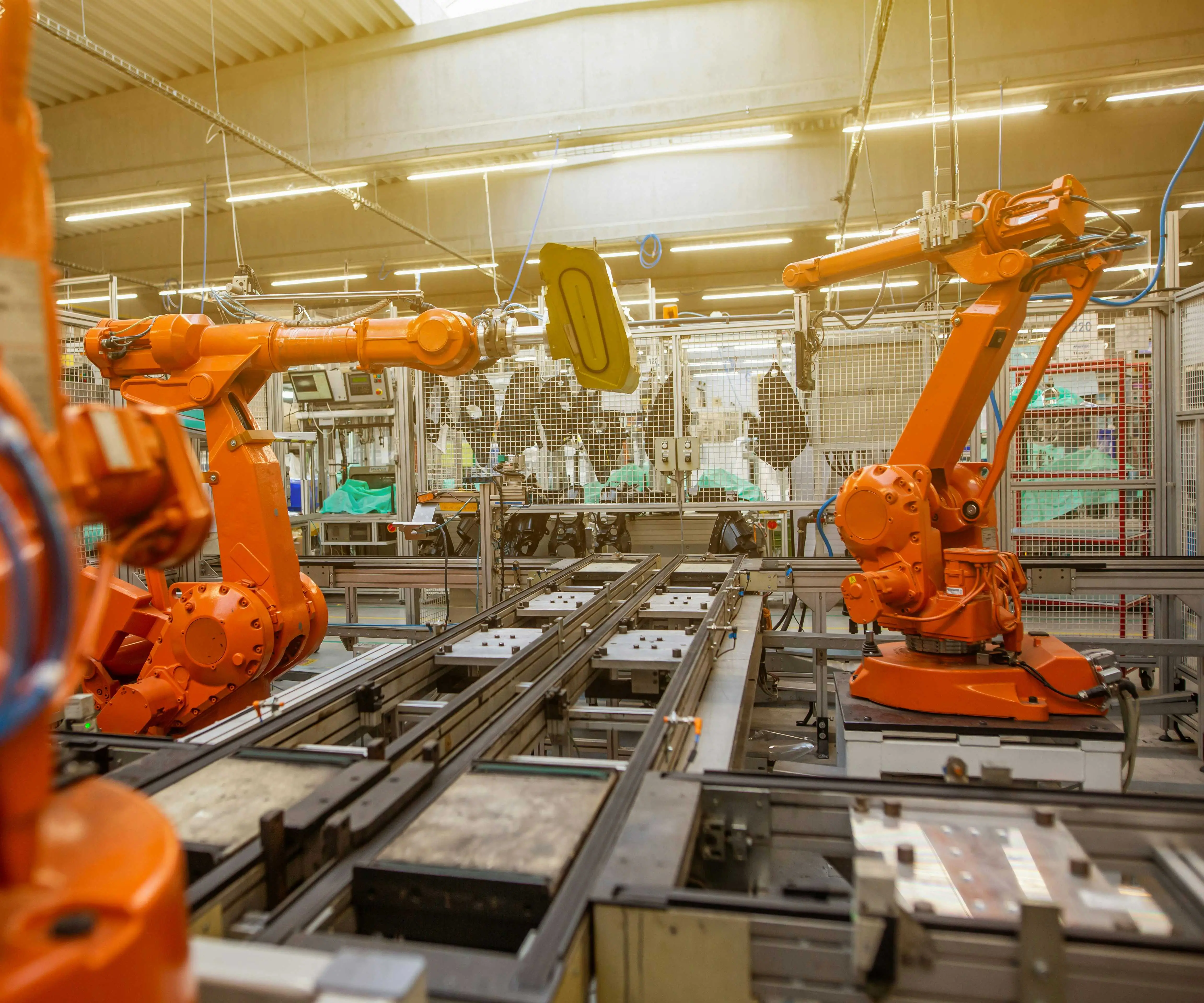Sure! Here's the first part of the article based on the theme "what type of motor is a servo motor." I will follow the specified format.

Unveiling the Power of Precision: What Type of Motor Is a Servo Motor?
In the realm of modern technology, motors are the heartbeat of countless applications—ranging from household appliances to complex industrial machinery. Among the myriad types of motors, the servo motor stands out as a marvel of precision, efficiency, and control. But what exactly is a servo motor? What type of motor is it, and how does it differ from other motors? To truly appreciate the capabilities and versatility of servo motors, it's important to first understand their fundamental nature and the role they play in contemporary systems.
Defining the Servo Motor
At its core, a servo motor is a rotary or linear actuator that allows for precise control of angular or linear position, velocity, and acceleration. Unlike conventional motors that run continuously or are simply ON/OFF devices, servo motors are part of a feedback control system, which constantly adjusts their operation to achieve a target position or speed with a high degree of accuracy.
The term "servo" originates from the Latin word "servus," meaning "slave," indicating that these motors are designed to follow or "serve" specific commands, maintaining precise control over their motion in response to signals. The system that manages this operation—often called a servo system—includes the motor, a sensor or encoder that provides position feedback, and a control circuit that interprets the feedback and adjusts the motor's operation accordingly.
Types of Motors and Where Servo Motors Fit In
The world of electric motors is diverse, encompassing DC motors, induction motors, synchronous motors, stepper motors, and more. Each has unique characteristics suited to different applications. The servo motor typically falls into a specific category based on its design and control method, primarily involving DC motors or brushless DC motors (BLDCs).
Dichotomy of Control: Continuous vs. Precise
While many electric motors are designed for continuous, unrestricted motion, servo motors are distinguished by their high-precision position control capabilities. This makes them ideal for applications where accurate, repeatable movement is essential—like robotic arms, CNC machinery, camera stabilizers, and automation systems.
The key to this precision is the embedded feedback mechanism. Sensors—often encoders—constantly monitor the motor’s position and send data back to the control system. This system then compares the actual position with the desired position and makes real-time adjustments, resulting in incredibly accurate motion control.
In What Way Is a Servo Motor a Type of Motor?
Now, the critical question: when we ask "what type of motor is a servo motor?", are we speaking about its electrical class, its control method, or its physical construction? The answer is that a servo motor isn't just a single, monolithic type but rather a versatile term that encompasses particular characteristics across various motor types that are equipped for servo control.
In essence, a servo motor is an application-specific designation rather than a rigid class. Many servo motors are specialized versions of standard motors, integrated with controllers and feedback devices that permit precise motion control. They can be broadly categorized under the following types:
DC Servo Motors: These are brushed DC motors combined with potentiometers or encoders for feedback. They are simple, reliable, and popular in small to medium-scale applications. Brushless DC (BLDC) Servo Motors: These are sophisticated, highly efficient motors that use electronic commutation, encoders, and sophisticated control algorithms. They are common in high-performance robotics and aerospace. AC Servo Motors: These include synchronous and asynchronous types, equipped with feedback devices. They are favored in industrial automation for their robustness and high power output.
What Sets a Servo Motor Apart?
The defining feature is not only the motor's type but also its ability to be precisely controlled using a feedback loop. This feedback loop is what makes a motor a "servo" motor, regardless of whether it’s based on DC or AC technology. The control system ensures the motor’s shaft position, speed, or torque aligns exactly with commanded parameters.
Historical Evolution and Modern Innovations
Originally, servo systems employed simple DC motors and analog controllers. Over time, integrated electronics, digital controllers, advanced sensors, and high-performance materials have evolved the servo motor into an essential component in automation, robotics, and even consumer electronics.
Today, the line between different motor types becomes blurred, as engineers integrate various technologies to optimize performance. For example, modern brushless DC servo motors often include embedded controllers and sensors in a compact package, providing high-speed, high-torque, and precise control.
Applications Favoring Servo Motors
Servo motors are everywhere they need accurate control—robotic joints, telescopes, CNC machines, camera rigs, drone gimbals, and even in the entertainment industry for animatronics.
Because of their versatility, the choice of which type of motor to use as a servo depends heavily on the specific application's demands: torque requirements, speed range, size constraints, environment, and cost.
Kpower has delivered professional drive system solutions to over 500 enterprise clients globally with products covering various fields such as Smart Home Systems, Automatic Electronics, Robotics, Precision Agriculture, Drones, and Industrial Automation.




































